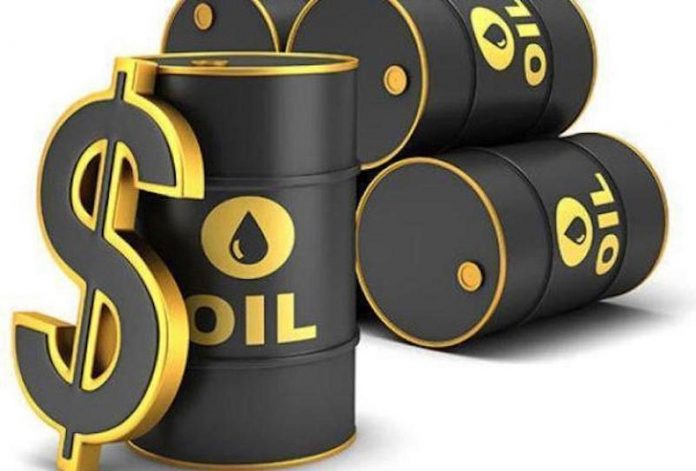The report assesses Ghana’s management and use of petroleum revenue over the past ten years (2011-2020) in line with the requirements of Ghana’s Petroleum Revenue Management Act (PRMA), 2011 (Act 815, as amended by Act 893) and Petroleum Revenue Management
Regulations, 2019 (L.I. 2381).
It encompasses an assessment of the performance of the institutions’ assigned duties by the PRMA for the past decade and a thorough evaluation of the socio-economic impact of the management and use of petroleum revenue on the development of Ghana.
The study was carried out by Stobe Law Limited, and was funded by the State Secretariat for Economic Affairs (SECO) of Switzerland through the Governance for Inclusive Development programme (GovID) of Deutsche Gesellschaft für Internationale Zusammenarbeit (GIZ) GmbH.
The Committee is equally grateful to the Government of Ghana (GoG) for its continuous support.
KEY FINDINGS
Emerging issues after ten-plus years of oil and gas production
Ghana has signed eighteen (18) petroleum agreements with various international and local oil companies since the early 2000s. Of these, three (3) producing fields, namely the Jubilee, Tweneboa-Enyenra-Ntomme (TEN) and Sankofa-Gye Nyame (SGN), account for petroleum revenues as of end-2020. The data shows that total production from Ghana’s three fields peaked in 2019 at an annual output of 71,439 barrels before commencing a decline to 66,926 barrels in 2020. Production will continuously decline if nothing is done through new in-fill developments on these existing fields or new fields coming on-stream. Peaking is further compounded by reservoir challenges leading to
production losses on some fields. At the same time, the above-surface issues include Public Interest and Accountability Committee, FPSO reliability challenges and delayed gas processing infrastructure forcing gas reinjection, which is ultimately negatively impacting well performance.
The country has made commendable efforts at increasing the revenue that accrues to the State by making changes in legislation to control petroleum costs claimed by the IOCs, statutorily increasing its Carried Interest stake, and contractually preventing the
petroleum agreement from being a fiscal enclave in respect of taxes and imposts that the State can levy. However, there is the need for a laser-like approach to cost monitoring as this, along with transfer pricing, is one of the significant pathways the State loses money in the industry.
The energy transition has caused a fundamental re-think of how things are done in the industry, including licensing. The challenge is attracting new investors to explore Ghana’s acreage, given global efforts to move from fossil fuels to renewable energy. There is the need to consider the changing landscape and evaluate whether competitive bidding remains the best option for now.
Ghana’s upstream petroleum industry is still primarily an enclave with the participation of local companies limited mainly to the non-technical aspects of the industry. The African Continental Free Trade Area (AfCFTA) has also necessitated a rethink of local content no longer exclusively on the local level but the regional.


